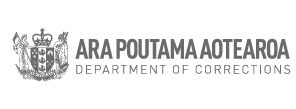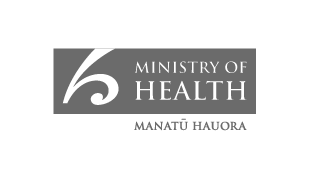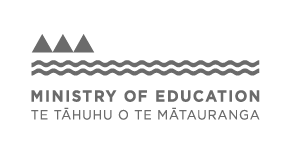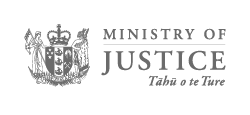The Family Violence Training Directory has been developed by Te Puna Aonui to support the implementation of the Family Violence Capability Frameworks(external link), to strengthen government and non-government organisational and workforce capability. The goal of the Training Directory is to support a transparent and accessible national overview of family violence training – helping to build and sustain a workforce that is skilled, safe, and responsive to the needs of whānau and communities, with increased knowledge and skills in trauma and violence.
The training directory aligns with Te Aorerekura(external link) - The National Strategy to Eliminate Family Violence and Sexual Violence, contributing to Shift 3(external link) of Te Aorerekura – Towards skilled, culturally competent, and sustainable workforces by making it easier to identify training solutions that align with nationally agreed expectations for safe and effective family violence practice.
The Family Violence Entry to Expert Capability Framework (E2E)(external link) outlines the capabilities needed to respond safely and effectively to family violence for different roles and responsibilities. It sets out the expected capabilities of workers and practitioners, supporting them to continuously learn and increase their capability through Essential, Entry, Enhanced, and Expert levels.
The frameworks reflect the significant contribution of the specialist family violence and sexual violence sectors to the safety, autonomy, and wellbeing of tangata whenua and tauiwi, whānau and families, and diverse communities across Aotearoa, New Zealand. They were developed collaboratively with leaders from the specialist sector, tangata whenua, victim-survivor advocates, diverse communities, and government.
The frameworks enables agencies and individuals to make informed decisions, identify training gaps, and support workforce planning and development in a consistent way across the sector.
| Module 1.1: Te Tiriti o Waitangi and the Impacts of Colonisation and Racism |
| Module 1.2: Dynamics of Violence, the Types of Violence, and the Norms that Perpetuate Violence |
| Module 1.3: Safe Practice |
| Module 1.4: Risk Awareness and Considerations |
| Module 1.5: Diversity, Intersectionality, and Impacts of Inequality |
| Module 1.6: Children and Young People |
| Module 1.7: Older People |
| Module 1.8: Pacific Peoples |
| Module 1.9: Ethnic Communities |
| Module 1.10: Disabled People |
| Module 1.11: Rainbow Communities |
| Module 1.12: Collaborative Practice |
| Module 1.13: Kaimahi Wellbeing and Professional Development |
| Module 2.1: Te Tiriti o Waitangi and the Impacts of Colonisation and Racism |
| Module 2.2: Dynamics of Violence, the Types of Violence, and the Norms that Perpetuate Violence |
| Module 2.3: Safe Practice |
| Module 2.4: Risk Awareness and Considerations |
| Module 2.5: Diversity, Intersectionality and Impacts of Inequality |
| Module 2.6: Children and Young People |
| Module 2.7: Older People |
| Module 2.8: Pacific Peoples |
| Module 2.9: Ethnic Communities |
| Module 2.10: Disabled People |
| Module 2.11: Rainbow Communities |
| Module 2.12: Collaborative Practice |
| Module 2.13: Kaimahi Wellbeing and Professional Development |
Last modified:








